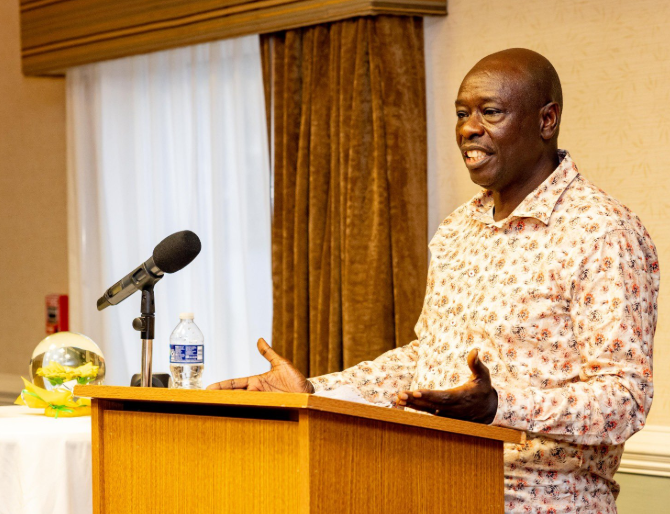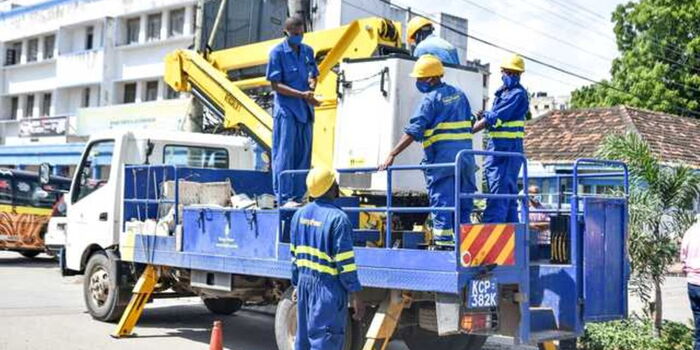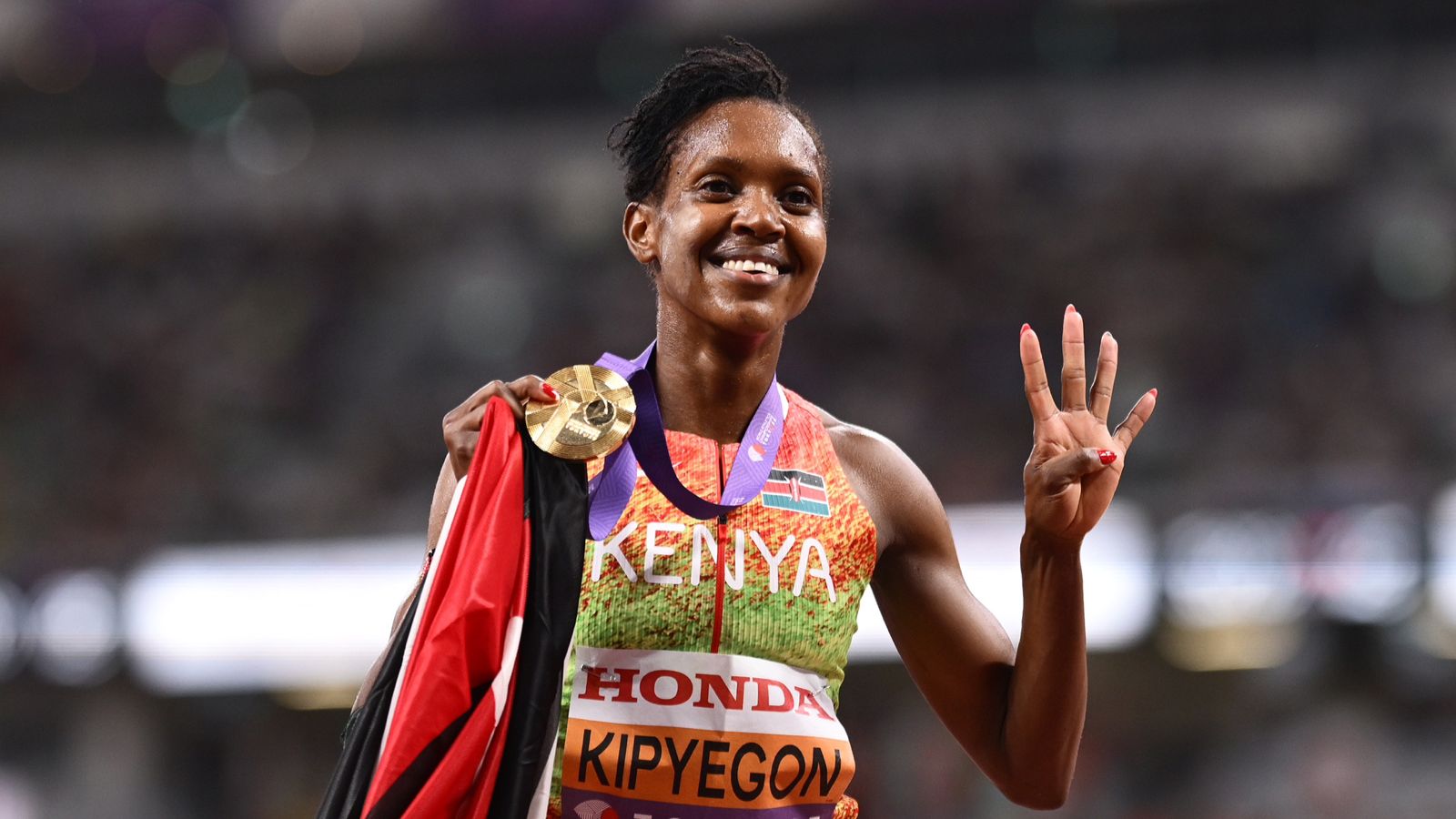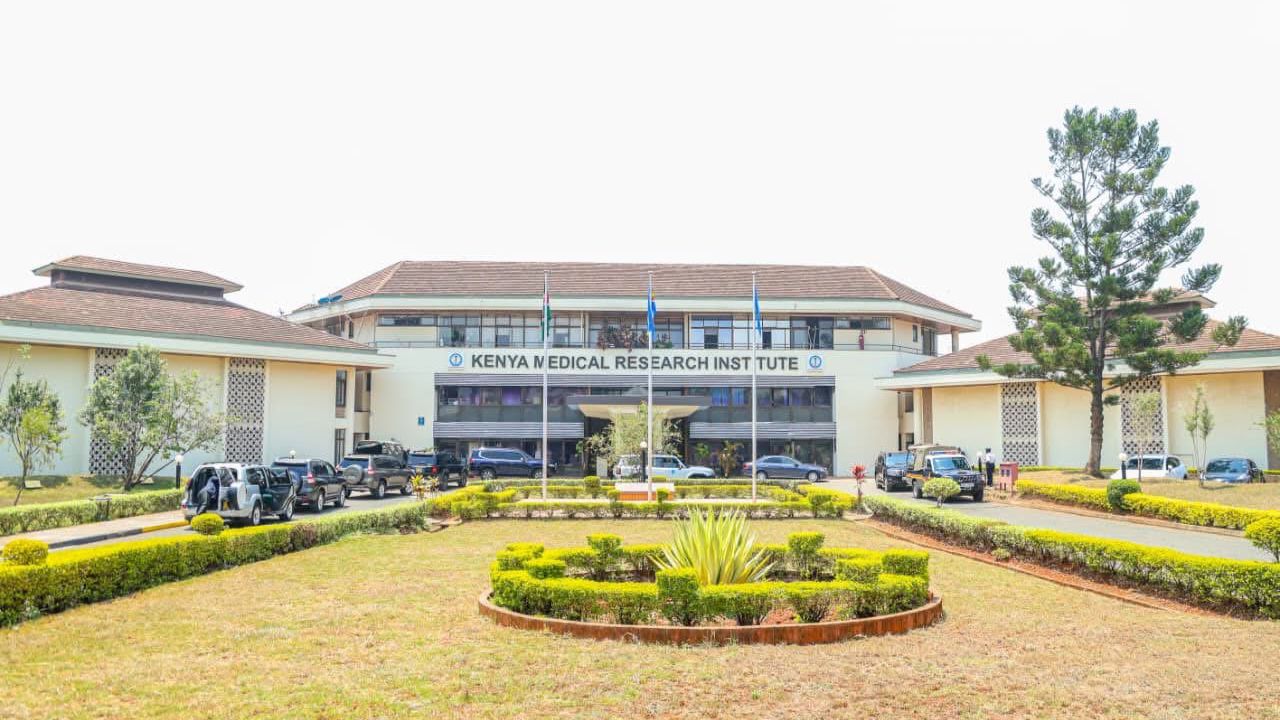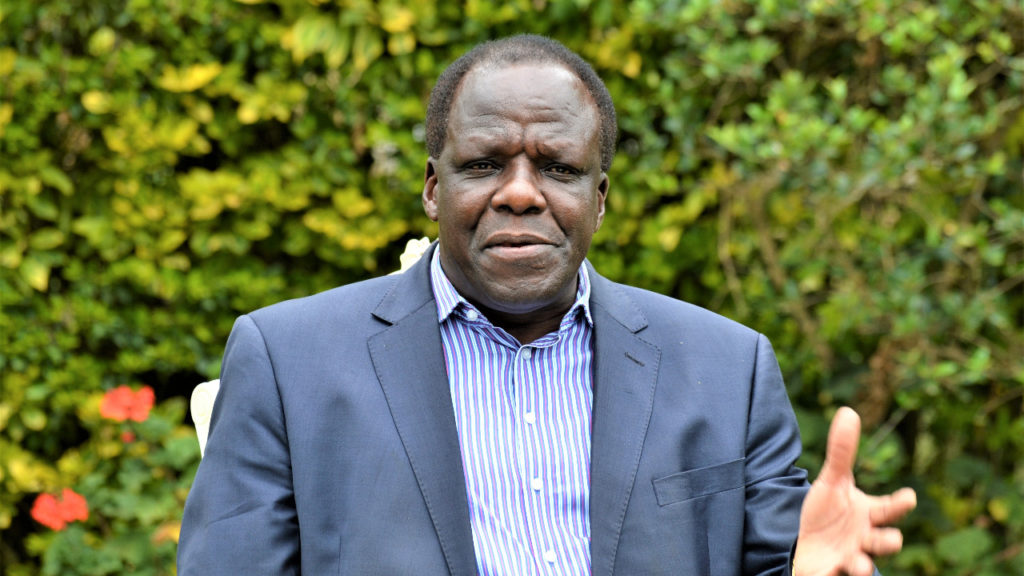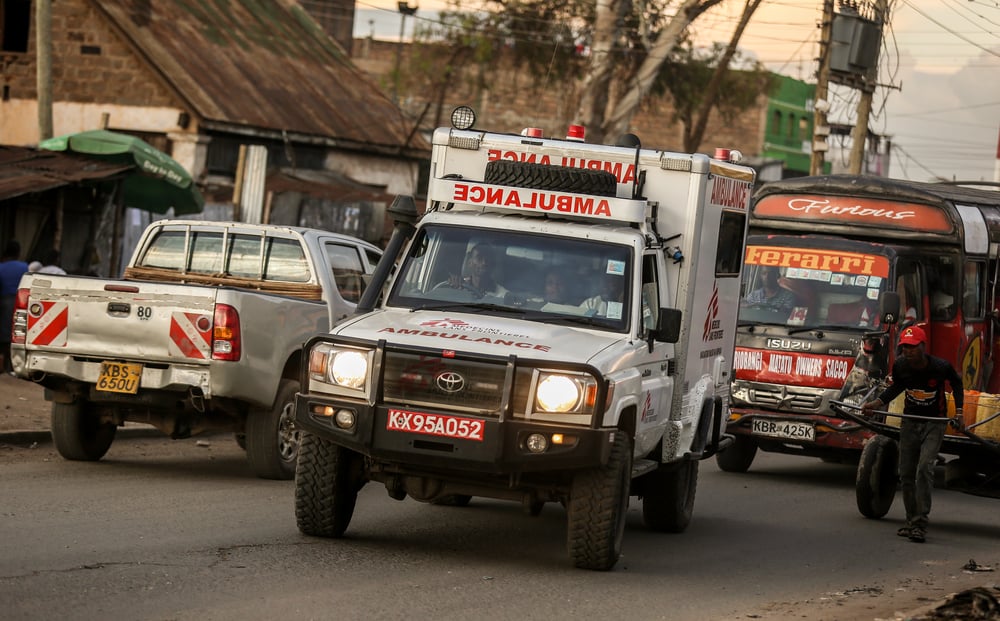Former Deputy President Rigathi Gachagua has criticized the Kenya Kwanza administration for what he describes as reckless and damaging cuts to the education sector.
Speaking during a meeting in Baltimore, Maryland, where he was accompanied by his spouse, Pastor Dorcas Gachagua, and former Interior CS Dr. Fred Matiang’i, Gachagua warned that such decisions put the country’s future at risk.
“I held a productive engagement with Kenyan teachers, health care providers, and community workers who live and work in the USA,” he said. “They are as concerned as we are about the draconian decisions being made towards defunding Kenya's education sector, as well as the motionless university funding model by the current regime.”
Gachagua decried the government's failure to prioritize education, accusing it of undermining one of the most critical sectors of national development.
“Education is one of the most essential foundations every nation must take seriously. Unfortunately, recklessness and ineptness drive this sector into a bottomless pit in our nation. This, left unchecked, will destroy generations to come,” he warned.
Read More
The DCP leader also warned of the consequences of continuing on this path, highlighting Kenya's free education system as a key legacy project.
“Nobody should be left free to decide to shake the very foundation of our Nation and the legacy we live on. What then shall be left of our country if this is allowed?” Gachagua questioned.
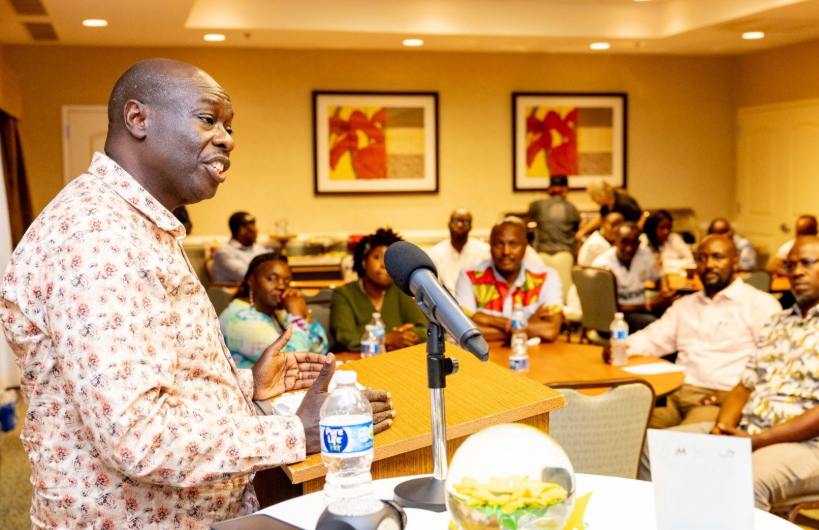
He went on to commend the Kenyan teachers abroad for standing in solidarity with their home counterparts and remaining patriotic advocates for education and progress.
“Thank you, teachers, for your solidarity and for being good ambassadors of our Nation, Kenya,” he said.
Gachagua's remarks come just days after Treasury Cabinet Secretary John Mbadi admitted that the government can no longer sustain the Ksh22,000 annual capitation per secondary school student.
Appearing before the Parliamentary Committee on Education on July 24, Mbadi and Education CS Julius Ogamba cited budgetary constraints for the reduction, revealing that schools now receive only Ksh16,900 per student.
“The budgets cannot support the 22,000 shillings,” Mbadi told the committee.
